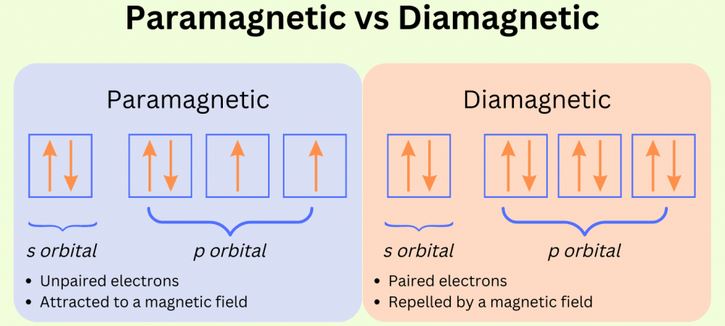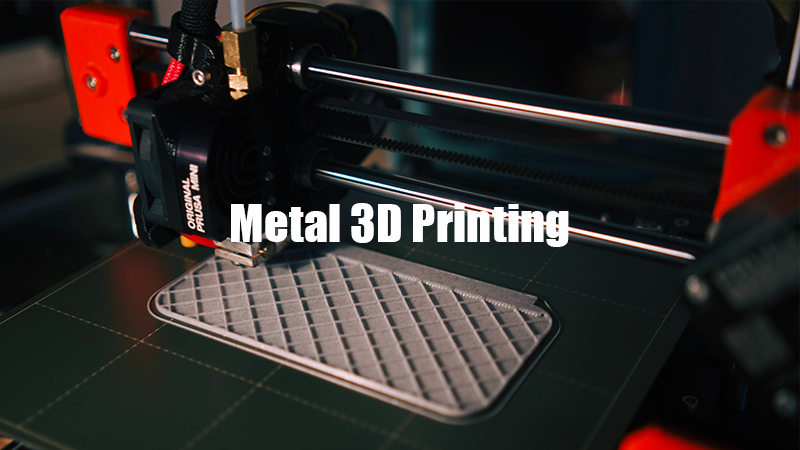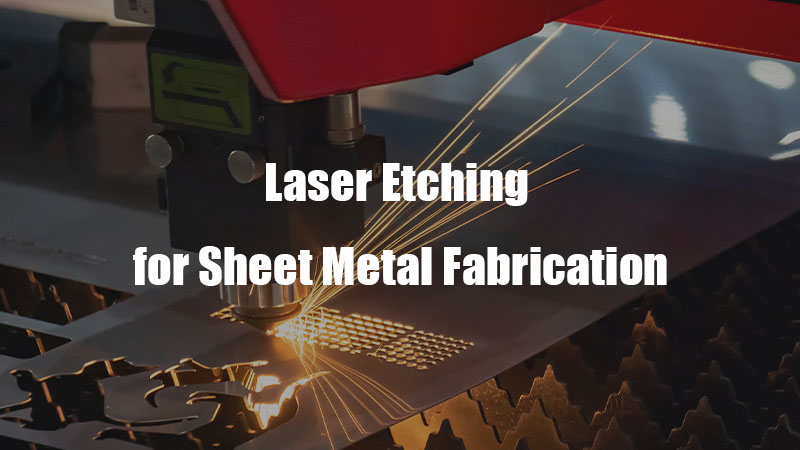Bronze is a metal alloy mainly composed of copper and tin. However, it may have other materials in different proportions.
Is Bronze Magnetic or Non-magnetic?

Bronze is a non-magnetic alloy. Being an alloy, the non-magnetic properties of bronze are attributed to the alloying elements – copper and tin.
First, copper is non-magnetic. Then secondly, tin is non-magnetic as well.
Copper is one of the main compositions of bronze. It does not have free electrons whereby despite being mixed with other metals, it does not attract a magnet.
Copper in bronze has electrons that move in opposite directions. This factor cancels out magnetism making copper diamagnetic. Whereas tin is paramagnetic because it does not have any unpaired electrons. This aspect makes it weak to be attracted to magnets. Even if you put in near magnets, it will not retain magnetism.

Why is Bronze Non-magnetic
Typically, bronze is considered a non-magnet because of its primary components which repel a magnet. It does not contain elements such as iron. Ferromagnetic materials such as iron have atoms filled with electrons that align.
Bronze atoms are filled with electrons that do not align and hence are not attracted to magnets due to their atomic structure.
However, bronze containing small elements of ferromagnetic elements can attract a magnet. Usually, this is for a very short time and release it compared to a bronze made up of pure copper and tin which will not display any magnet attraction.
How to Test Bronze Magnetism
There are several ways to test bronze if it can attract a magnet. This is:
· Magnet Testing
When you put a magnet close to bronze, it neither attracts nor repels. It is a clear indication that bronze is non-magnetic.
At this point, if bronze attracts magnets, it is an indication of an alloy that is not pure.
Can you Magnetize Bronze
You cannot magnetize bronze. Remember, you can only magnetize ferromagnetic materials.
Therefore, if you want bronze alloy to possess magnetic properties, then it should have ferromagnetic materials or elements. Otherwise, it does not matter the magnitude of the magnetic field you will subject bronze to. It will remain a non-magnetic alloy.
Uses of Bronze
There are many applications where we use bronze due to its non-magnetic properties. Some common examples include:
Electrical Equipment
Electrical panel’s washers and circuits can be made from bronze which reduces electromagnet interference.
Scientific Instruments
Bronze is used in making magnetic resonance machine imaging used in hospitals which does not require magnetic to operate well.
Historical Projects
Bronze with non-magnetic properties is used to maintain the authenticity of sensitive artifacts. For instance, bronze is a common material for many statues and sculptures.
Musical Instruments
String instruments such as guitars have certain sections made from bronze.
Making Coins and Medals
You can use bronze alloy to make coins and medals. Of course one of the factors is the non-magnetic property.
In short, bronze is non-magnetic. This is attributed to the alloying elements which are tin and copper. These two elements are non-magnetic.




